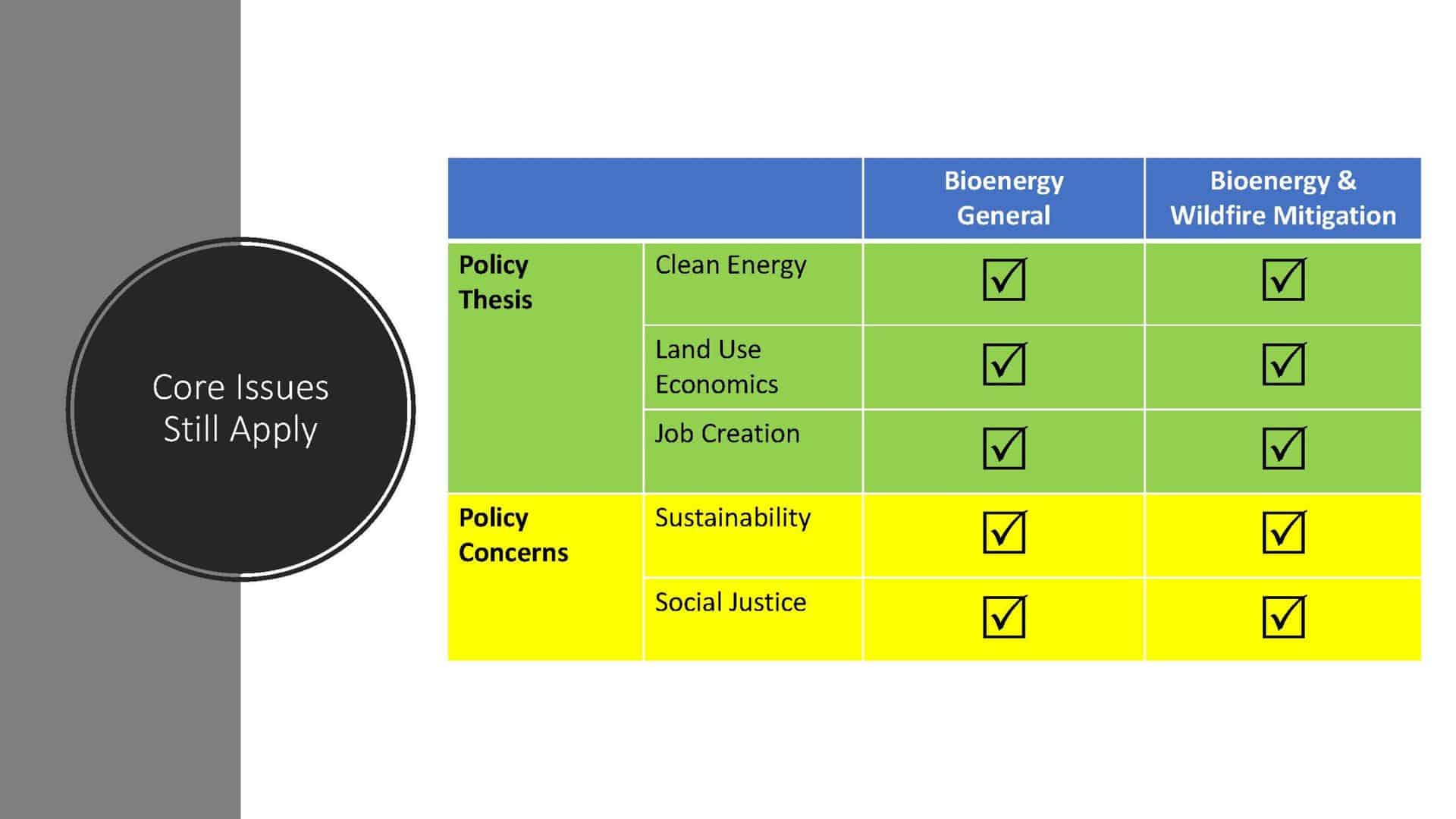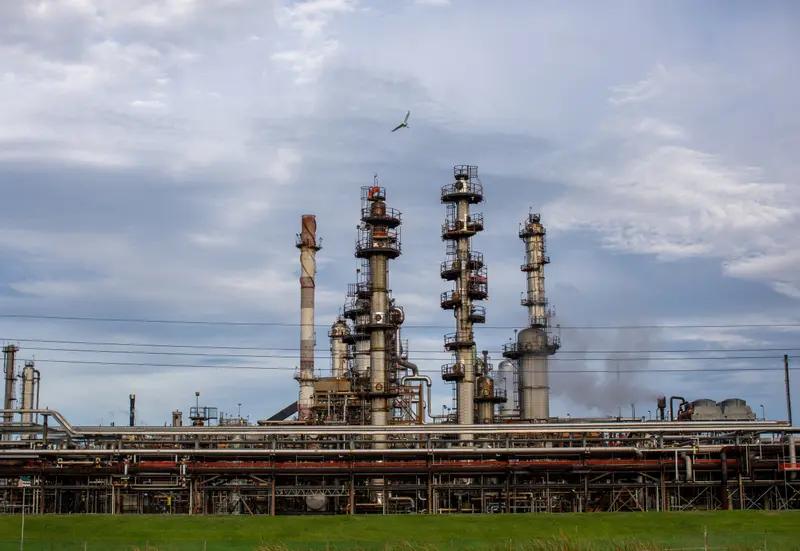Over the years, the demand for alternative sources of energy has increased due to concerns over climate change and the finite nature of fossil fuels. As a result, biofuels have gained prominence as a potential solution to reduce greenhouse gas emissions and dependence on fossil fuels. Biofuels are derived from organic matter, such as plants and animal waste, and can be used to power vehicles and generate electricity.
While biofuels offer several advantages, there are also hazards associated with their production and use. In this article, we will explore some of these hazards and discuss ways to bypass them to ensure the safe and sustainable production of biofuels.
1. Land Use Change
Biofuel crops require vast areas of land for cultivation, which can lead to deforestation and habitat destruction. Clearing of forests for biofuel production releases large amounts of carbon dioxide into the atmosphere, offsetting the carbon savings achieved by the use of biofuels. One way to bypass this hazard is to prioritize the use of marginal lands that are not suitable for food production or are already degraded.
2. Water Usage
The production of biofuels requires significant amounts of water for irrigation, which can strain water resources, especially in water-scarce regions. To bypass this hazard, it is essential to implement water-efficient irrigation systems and prioritize the use of biofuel crops that require minimal water.
3. Food Security
The cultivation of biofuel crops can compete with food production, leading to higher food prices and potential food shortages. To address this issue, it is crucial to promote sustainable agricultural practices and prioritize the cultivation of biofuel crops that do not directly compete with food crops.
4. Greenhouse Gas Emissions
While biofuels have the potential to reduce greenhouse gas emissions, the entire life cycle of biofuel production needs to be considered. The use of fossil fuels in the cultivation, processing, and transportation of biofuel crops can outweigh the carbon savings. Implementing sustainable practices throughout the biofuel production chain, such as using renewable energy sources and improving transportation efficiency, can help bypass this hazard.
5. Air Pollution
The combustion of biofuels can release air pollutants, such as nitrogen oxides and particulate matter, which can contribute to air pollution and respiratory issues. To minimize air pollution, it is vital to develop and use advanced combustion technologies and emission control systems that can reduce the release of harmful pollutants.

Credit: forestpolicypub.com
6. Waste Disposal
Biofuel production generates waste products, such as leftover plant material, which need to be properly managed to avoid environmental contamination. Implementing efficient waste disposal systems, such as composting or anaerobic digestion, can help bypass this hazard and even turn waste into a valuable resource.
Frequently Asked Questions On Biofuel Hazards And Ways To Bypass : Mitigating Risks For Sustainable Fuel
What Are The Hazards Of Using Biofuel?
Using biofuel can lead to deforestation, increased food prices, and competition for land and water resources.
How Can Biofuel Production Affect The Environment?
Biofuel production can result in air and water pollution, release of greenhouse gases, and loss of biodiversity.
Is Biofuel Hazardous To Human Health?
While biofuel itself is not hazardous to human health, the production process can release harmful emissions that can negatively impact human health.
What Are The Alternatives To Biofuel?
Alternatives to biofuel include electric vehicles, hydrogen fuel cells, and improving fuel efficiency in traditional gasoline-powered cars.
Conclusion
While the production and use of biofuels present certain hazards, they also offer significant benefits in terms of reducing greenhouse gas emissions and promoting energy independence. By implementing sustainable practices and bypassing these hazards, we can ensure the safe and responsible production of biofuels. It is crucial to prioritize research and investment in developing advanced technologies and practices that can further mitigate the hazards associated with biofuel production. Only then can we fully harness the potential of biofuels as a clean and sustainable source of energy for the future.
